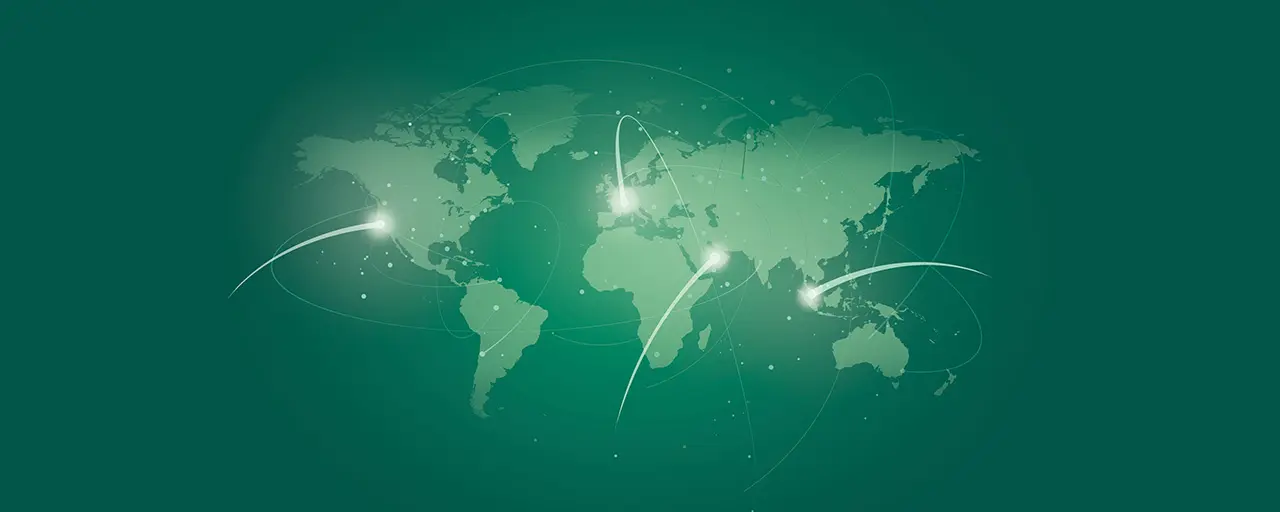
According to the latest Thomson Reuters/INSEAD Asian Business Sentiment Survey released today on the 22nd March 2017, business sentiment at Asia's top companies rose to its highest in almost two years in the first quarter of 2017, buoyed by positive economic signs from the United States and China that underpinned improved global demand.
The Thomson Reuters/INSEAD Asian Business Sentiment Index representing the six-month outlook of 96 firms, rebounded to 70 for January-March from 63 three months prior. A reading over 50 indicates a positive view.
During the quarter, the United States and China - two top destinations for Asian exporters - reported a slew of upbeat economic data that were far better than market expectations.
"Optimism about the U.S. economy, lack of immediate crisis in China, lack of bad news in Europe ... have reduced some of the immediate risks" said Singapore-based economics professor Antonio Fatas at global business school INSEAD.
Sentiment in export-oriented Malaysia rebounded the most, with its subindex jumping 20 points to a three-year high of 75, as most respondents reported an increase in business volume and a third said staffing had risen in the past three months. Sentiment also surged in the Philippines by 18 points, with a subindex of 88 making the country the most optimistic in Asia. In other export-driven Asian countries too, such as Taiwan, Singapore and Thailand, corporate sentiment improved significantly, while China and India recorded a slight decline from the previous quarter. "Stronger-than-expected export numbers have provided quite a relief for those economies, at least more than they have for China or India which are more domestically oriented" said Santitarn Sathirathai, head of emerging Asia economics at Credit Suisse based in Singapore.
But for Chinese companies such as beauty app Meitu strong domestic appetite for new services and goods in the country also points to a brighter business outlook that will see user traffic translate into profit.
"The fact that Chinese consumers are demanding upgraded products and services for beauty and entertainment is the basis of our confidence in business outlook in the next six months" a spokesman said. While the United States remains a powerful player in Asia, Asian economies have stepped up trade with China, whose growing presence was highlighted after the U.S. withdrawal earlier this year by President Donald Trump from the 12-nation Trans Pacific Partnership.
Fearing trade retaliation by China over the deployment of a new missile system, on top of a political crisis that led to the ouster of President Park Geun-hye, South Korean firms' business sentiment - the weakest of 11 economies polled - tumbled 32 points to a subindex of 25, the lowest in almost five years. China is South Korea's largest trading partner.
Overly optimistic?
Economists say the current high level of optimism may have been built on shaky ground as a series of risk events are expected to re-emerge soon. "There's a lot of positive sentiment around but there's a risk that people are simply extrapolating forward the recent better news" said Capital Economics' chief Asia economist Mark Williams. Despite the broader improvement in sentiment in the region, uncertainty over Trump's policies, U.S dollar rate and demand from China were still seen as the biggest risks to Asian companies' outlooks. "The same confidence in the U.S. is met by many respondents worried about Trump policies" INSEAD's Fatas noted, adding that Europe will be "back in the risk lists" as French elections, whose results could fuel growing global trade protectionism sentiments, are just around the corner.
Credit Suisse's Sathirathai said China's focus on stability this year ahead of a major power reshuffle also means Beijing is less keen to splurge on stimulus, which could potentially impact trade-dependent Asian nations.
China concluded its annual parliament meeting last week, at which policymakers set a more modest growth target in 2017 as it turns to tackling financial risks. Thomson Reuters and INSEAD polled companies from March 3 to 17. Of 96 respondents, 48 percent rated their six-month outlook as positive, 43 percent were neutral and 8 percent were negative. The Asia Pacific branch of British publishing company Taylor & Francis Group, part of Informa Plc, was cautious about its outlook. Barry Clarke, managing director of Asia Pacific at the group, said that was partly because last year was much better than expected for it. "We wouldn't expect the same kind of growth."
Financial firms most upbeat
By sector, companies engaged in financial services were the most upbeat with the subindex rising to a near four-year high of 75 from 61 in the previous quarter, driven by optimism about a normalisation of monetary policy globally and a rollback in onerous regulations. The auto industry recorded the biggest jump in sentiment by increasing 27 points to 67 in the quarter.
Sentiment was the lowest in the metals & chemical sector, falling to negative territory for the first time with a subindex at 40. The sector mentioned U.S dollar rate among its biggest concerns.
Respondents included Australia's Medibank, India's Reliance Industries, Bank Rakyak Indonesia, Japan's Suzuki Motor and SoftBank, Malaysia's Kossan Rubber, Union Bank of the Philippines and Thailand's Intouch Holdings.
The index started in 2009 with a record low of 45, but has largely hovered between 60 and 70 since hitting a record high of 80 at the beginning of 2011.
Note: Companies surveyed can change from quarter to quarter.
